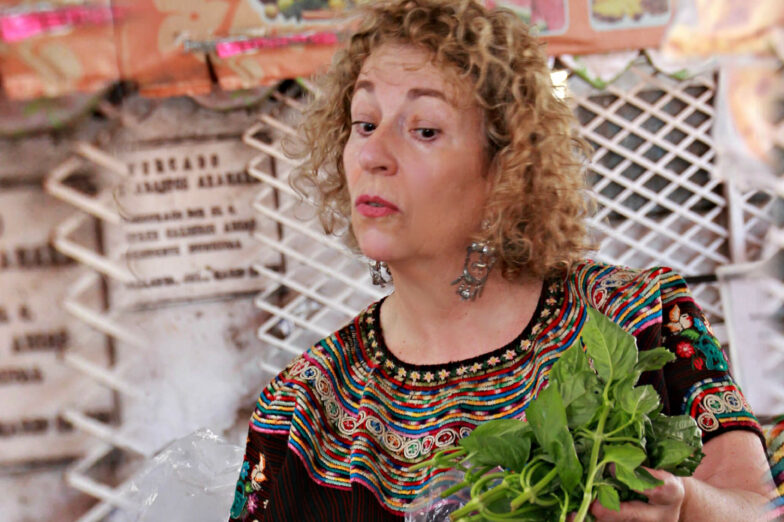Many people are dealing with pandemic-induced stress and this is likely to continue for years to come. A recent study of 49,000 adults in eight English-speaking countries found 57% experience Covid related adversity or trauma. Young people between 18-24 were most affected, with people over 65 least affected. These types of results have been found worldwide and signals a post-pandemic surge in mental health challenges for large portions of the population.
Like all forms of trauma, pandemic stress due to Covid 19, including depression, and anxiety, will require time and intervention for coping and recovery. Managing such stress during and after the pandemic is made easier with a range of natural, nourishing interventions like healthy comforting foods, herbs, supplements, exercise, mindfulness, and breathing, plenty of sleep and connecting with family and friends.
Self-Care is Fundamental for Coping with Pandemic Stress
Here are some self-care rituals I recommend introducing into your life to help with coping with pandemic stress:
- Baths: Mustard soak for stress
- Aromatherapy and essential oils
- Mindfulness practices for self-care
- Skin brushing stimulates the immune system and helps deal with chronic stress
- Good for anxiety and depression
- Exercise
- High-Intensity Interval Training
- Walks
- Yoga
- Rocking
- Helps with sleep and anxiety

Good Food and Plenty of Sleep is Where it All Starts
Some of the best and most widely used foods and herbs that support immune function include garlic, honey, ginger, echinacea, goldenseal, cloves, and oregano. These natural ingredients help fight infection by using fresh roots and leaves as well as prepared extracts.
Antidepressant herbs can help cope with pandemic-related stress and depression. These herbs also improve our ability to focus and think. Among my favorites are lemon balm (Melissa officinalis), oats (Avena sativa), pulsatilla (Anemone pulsatilla), saffron (Crocus sativus), and St. John’s wort (Hypericum perforatum).
Getting enough sleep during the pandemic and after is essential. There is evidence that vaccines are much more effective if you get plenty of sleep the week before vaccination. If you are struggling to sleep through the night or fall asleep, I suggest gentle sedative herbs. Sedatives promote sleep and relaxation and these include California poppy (Eschscholzia californica), hops (Humulus lupulus), and valerian (Valeriana officinalis).
Practice Self-Compassion
While self-care may feel overwhelming at times, begin one step at a time and be gentle. Not every day will be the same and some will be easier than others. Start with a short walk or a 10-minute high-intensity training. Exercise enhances the endocannabinoid system in the brain and relieves anxiety and aids sleep. Add dry skin brushing into your routine after a bath or shower.
For much more on the art and science of natural medicine for enhancing immune function managing pandemic PTSD, stress, and insomnia, I have written a comprehensive, new free report. The report includes immunity-boosting recipes, breathing exercises for pandemic stress, and a video on how to use mustard to boost immune function and relaxation.
To get the report, subscribe or update your data here
- Touch Therapy for Trauma Recovery - April 19, 2024
- The Soul of Basil - March 12, 2024
- A Comprehensive Guide to Natural Hypothyroidism Treatment - November 17, 2023

Are You Ready to Advance Your Career?
If you want to advance your career in integrative medicine, explore my courses and certifications.












